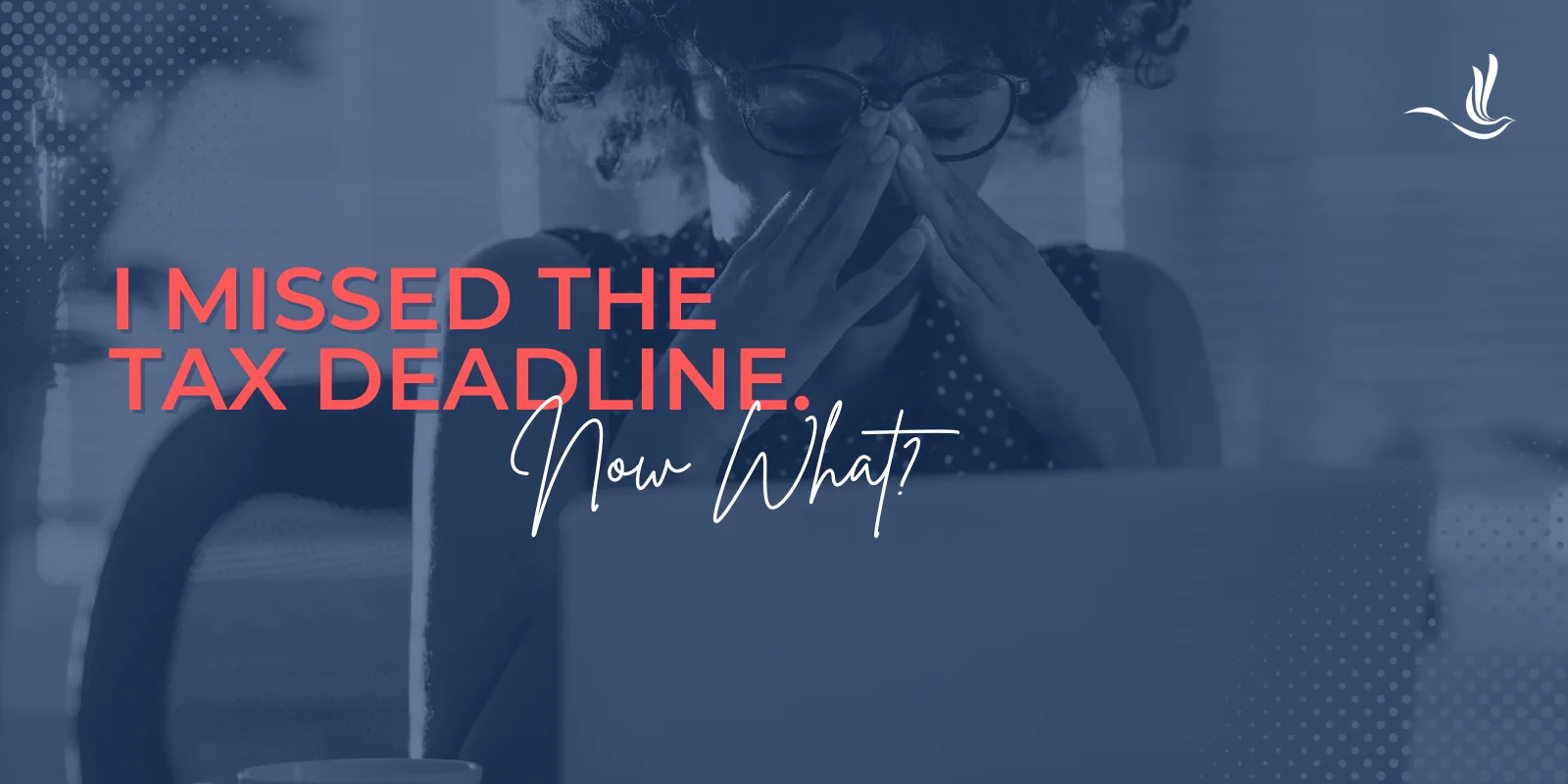It’s World Car Free Day (22 Sept.) where people are encouraged to ditch their cars in favour of walking and using public transport. So taking a break from your car is a great chance to experience the streets free of motor traffic and the environment but if you rely on your car for work or travel, what should you do if you miss a car re-payment?
For most of us drivers out there, a car is one of the most important and crucial assets we have. A car gives us the freedom to travel further afield to work or to see our families. It’s no surprise that those facing financial issues worry about losing their car.
The Value of our Vehicles
The problem is that if you’re unable to make payments on your car and your car is taken away, it can actually make your financial difficulties even worse! Increasingly many of us rely on car finance, which makes the risk of losing our car even greater.
When it comes to car finance, you won’t own the car until you either make your final payment or pay the balloon payment if you don’t want to return the car and own it outright. Taking a car out on finance requires you to make monthly payments for an agreed amount of time, usually between 24 and 48 months.
What Happens if You Miss Your First Payment & What to do?
As soon as you miss your first payment your finance provider will normally get in contact with you via letter and send a reminder to let you know that you must make the instalment repayment. If you then miss a second payment, the lender will then send out another, more serious, letter explaining that your account is in arrears and how much you owe.
If you don’t contact your finance lenders at this stage, you will continue to receive arrears notices around even six months as well as a default notice to clear any money you owe. Should you fail to make this payment in 14 days, the lenders will terminate your finance agreement and demand the money you owe plus demand the car be returned.
Given you’ve received any of these letters the first step would be to contact your lenders, especially if you’re struggling and need support. If you can’t afford the payments, you should make a note of what you can afford and consider these two things:
Is it Just a One-Off Late Payment?
As long as this missed payment is just a one-off and isn’t a part of a bigger problem, a loan deferment is a popular solution. This involves pushing the missed payment to the end of the loan term and you’ll only have to pay any interest owed. Typically, lenders are more willing to offer support when you’ve contacted them and made steps towards resolving your missed payment.
Is Missed Payments an On-Going Problem?
Or if the missed payments are part of an ongoing problem meaning that the loan is to costly for you to keep up with the payments, then you need to address this month’s issue first by arranging a loan deferment. This will prevent the missed payment from negatively affecting your credit score.
You can also speak to your lender about alternative solutions, such as refinancing or trading in your car. Remember, that no more than 20% of your take-home pay should go towards making loan repayments, insurance, and gas and electric.
What to Say When Speaking to Your Lenders
When you contact your lenders, it may seem a little daunting and something that is easy to push to the back of your mind. However, it is important you contact them to discuss your options. – Plus, it will probably feel like a weight has been lifted off your shoulders after discussing your next steps!
The first step is to ensure you know your story. This means, being able to explain the context of your missed payment and what you’re doing to resolve this. For example, if you’ve lost your job due to the coronavirus but are starting a new job soon.
Lenders will be more willing to work with you if they can see you’re actively trying to resolve your situation and that there’s a light at the end of the tunnel.
In some cases, you will have to prove your situation. Again, if you’ve lost your job but starting a new in a few months, then you may be asked to provide your offer of employment..
If you and your lenders allow you to make any adjustments to your loan, such as a deferment, be sure you fully understand the terms and conditions and remember to ask for them in writing for future reference.
Repossession Isn’t Easy for Lenders
If you’ve not managed to pay a third of the total amount (including interest) that you owe under your finance agreement in line with how much you should have paid, lenders may repossess your car without needing to obtain a court order (although in Scotland, lenders will need a court order regardless).
If you’ve paid more than a third of the payments, lenders must obtain a court order before repossessing the car. So, take the time to work out how many payments you’ve made so far.
However, Currently, the Financial Conduct Authority (FCA) has said that firms should not repossess cars during the coronavirus pandemic, until October 31. 2020, which means you may have a little bit of leeway if lenders are following the FCA guidance.
Understanding the Court Process of Repossessing a Car
This is an important stage you will need to consider. If you don’t appear at your hearing or fail to arrange for yourself to be represented. Then lenders can ask the court for you to pay the full amount you owe (plus the balloon payment at the end of your agreement), plus they can take possession of the car.
If you don’t return the car, lenders may instruct bailiffs and enforcement officers to take it from you.
Time Order Applications
Even if you can’t pay back the full amount requested by the courts after the hearing, the law gives you another chance in the form of a Time Order. This order gives you time to catch up on any missed payments, whilst resuming your normal monthly payments. This can prevent the car from being taken off you which is crucial if you use it for work.
Ensuring You Don’t Miss a Car Payment Going Forward
Going forward, remember your car is one of your most important priorities and should be treated the same as your rent or mortgage repayments, especially if you use your car to get to work. Lenders want to help you to pay off your loan agreement as it benefits them more than having to spend their time and money sending letters, making court appearances and repossessing your car.
If you’re really struggling with your finances and are at risk of going into arrears on your finance agreement, it might be worth contacting some debt charities such as the National Debtline, Step Change or Citizens Advice to get some expert advice on how to manage your debts.
Related Posts
Publisher: Source link











